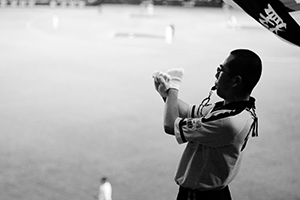 When the Yomiuri Giants won the Japan Series last autumn, the sigh of relief from millions of fans and the domestic media was almost audible.
When the Yomiuri Giants won the Japan Series last autumn, the sigh of relief from millions of fans and the domestic media was almost audible.
After a gap of seven years in which relative upstarts and ‘minor’ names such as the Hokkaido Nippon Ham Fighters and Chiba Lotte Marines from the Pacific League lifted aloft the domestic sport’s premier award, it was almost as if the rightful owners – the ‘people’s’ team – had once again returned to the top of the pile.
As anyone in Japan for more than a few days between the end of March and mid-October will attest, media coverage of the Giants – ‘Kyojin’ to many – can be overwhelming. Rarely will a day go by without numerous column inches being dedicated to the Giants in each and every regular and sports newspaper the nation produces. Morning, afternoon and evening news shows regularly report on the game the evening before or the day’s fixture (often both!) whilst cramming coverage of the nation’s other 11 pro teams into little more than a PS segment of sorts.
The Giants’ latest – 21st to date – title notwithstanding, however, last year is last year, and with the 2010 season now upon us, ball fans up and down Japan will be looking at form, big name transfers, and managerial replacements to judge where the frontrunners in this, the 60th campaign in the current make up of the Japanese game, will come from.
Perhaps the biggest shake-up in the close season has been the managerial change at Chiba Lotte Marines. Former head-honcho Bobby Valentine, a much-loved and highly respected manager in the game, found himself out on his ear at the end of 2009 after a year of confusion in the eyes of many fans – the rumor mill and Bobby V’s own silence combining to raise more question marks than it provided answers. A wonderful four-part insight into just what went on at Chiba began in mid-January in the English-language Japan Times and can still be seen on the Japan Times Online homepage; penned by Robert Whiting, author of the book ‘You Gotta Have Wa’ amongst others, and a long-time figure in English-language coverage of the Japanese game.
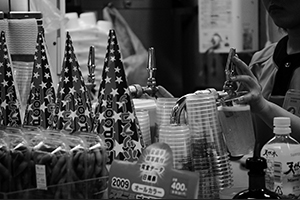 Away from the managerial shenanigans, several players have also moved around, those that should have long ago retired keep plugging away and the always controversial four foreign players per team rule remains in force as something of a ball and chain on the game, preventing it from ever fulfilling its full potential.
Away from the managerial shenanigans, several players have also moved around, those that should have long ago retired keep plugging away and the always controversial four foreign players per team rule remains in force as something of a ball and chain on the game, preventing it from ever fulfilling its full potential.
Of note for many will be the decision of the hugely popular and still very young improving pitcher Masahiro Tanaka to resign with Rakuten Eagles (PL), securing a 105 million yen pay rise to take his annual non-bonus earnings to 180 million.
Over in the Central League at Tokyo Dome, Giants shortstop Hayato Sakamoto (another of too few exciting young players to emerge in recent years) also saw his income improve thanks to a .306 average and 18 home runs over 141 games in 2009 – one to watch in the coming season.
Arguably the biggest close-season news regarding Japanese players, though, was the decision of former Fukuoka Hawks catcher Kenji Jojima to return to Japan after a less than impressive stint in the Majors at Seattle. The two billion yen he is being paid for four years of service to Hanshin Tigers will no doubt have been a major factor in his decision, and the desire by many fans to see him do his stuff at the atmospheric Koshien Stadium near Osaka will only serve to increase the difficulty in obtaining decent tickets at one of the nation’s best supported teams – one that never seems to let lack of real success on the field dampen its spirits.
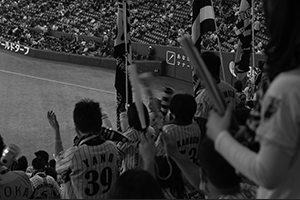 The Giants will, thanks to their financial clout, once again be the team to beat if post-season glory is to be sought after. Early season Hanshin will talk the talk, but only time will tell if they can finally walk the proverbial season-long walk and compete with their fierce rivals. Nagoya could get close again under the watch of an excellent manager in Hiromitsu Ochiai, and Yakult Swallows – based in Tokyo’s Jingu Stadium – will hope the resignation of Aaron Guiel (featured in January’s J-Select) coupled with the hitting talents of Norichika Aoki (career . 332 average) for another two seasons will help ignite a championship run after several disappointing seasons.
The Giants will, thanks to their financial clout, once again be the team to beat if post-season glory is to be sought after. Early season Hanshin will talk the talk, but only time will tell if they can finally walk the proverbial season-long walk and compete with their fierce rivals. Nagoya could get close again under the watch of an excellent manager in Hiromitsu Ochiai, and Yakult Swallows – based in Tokyo’s Jingu Stadium – will hope the resignation of Aaron Guiel (featured in January’s J-Select) coupled with the hitting talents of Norichika Aoki (career . 332 average) for another two seasons will help ignite a championship run after several disappointing seasons.
In the Pacific League, meanwhile, the season always seems so much closer than over in the CL. Technically better in many regards according to most Japanese fans, the PL teams often end up with a far lower number of games separating top and bottom. Rakuten will be one team to watch come the Summer in the 2010 PL after their best ever finish in ’09 and the Tanaka signing mentioned above. However, it will be the trio of Nippon Ham and star pitcher Yu Darvish, Saitama Seibu – the second most successful Japan Series team ever after the Giants – and Fukuoka down in Kyushu that the more experienced ball watchers will be keeping a close eye on this season.
Winners and losers aside, however – to all baseball fans in Japan, wherever you are based, let’s all get together and offer a joint prayer hoping that the powers that be in TV opt to use a little more common sense and let all those bottom of the ninth games with bases loaded, 2 outs and 2 strikes thrown, run through to the last pitch, instead of switching to ten minutes of commercials and the 9 p.m. evening drama! We should probably not get our hopes up, though…
Story by Mark Buckton
From J SELECT Magazine, April 2010

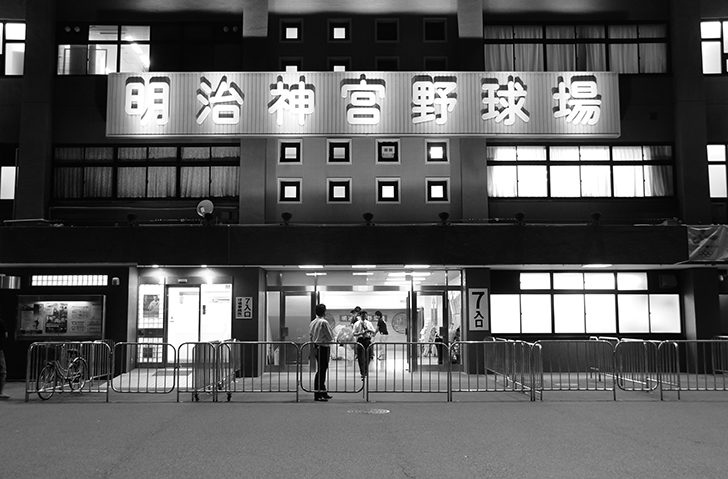

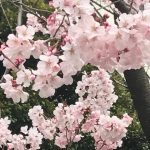

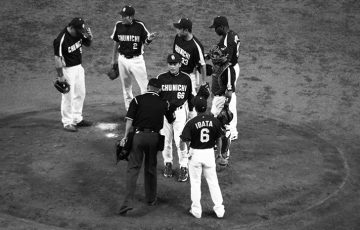
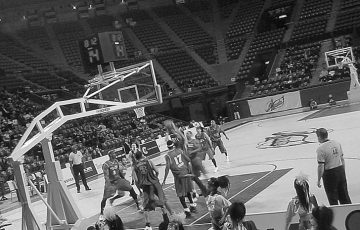
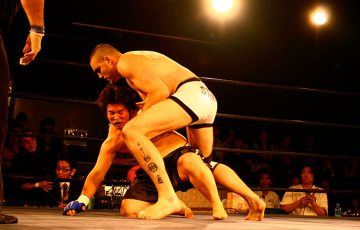
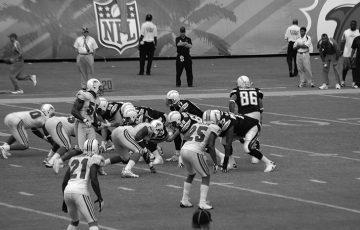
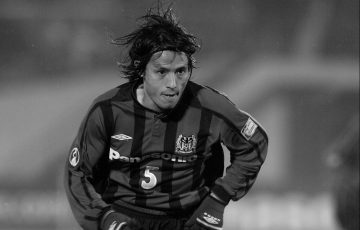
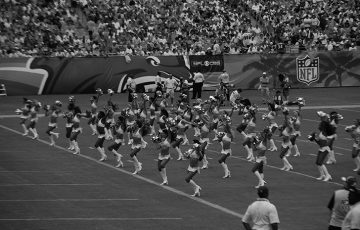
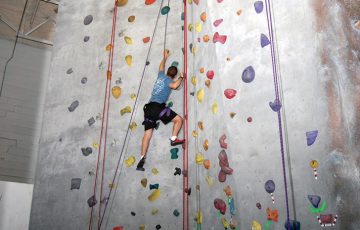



Recent Comments